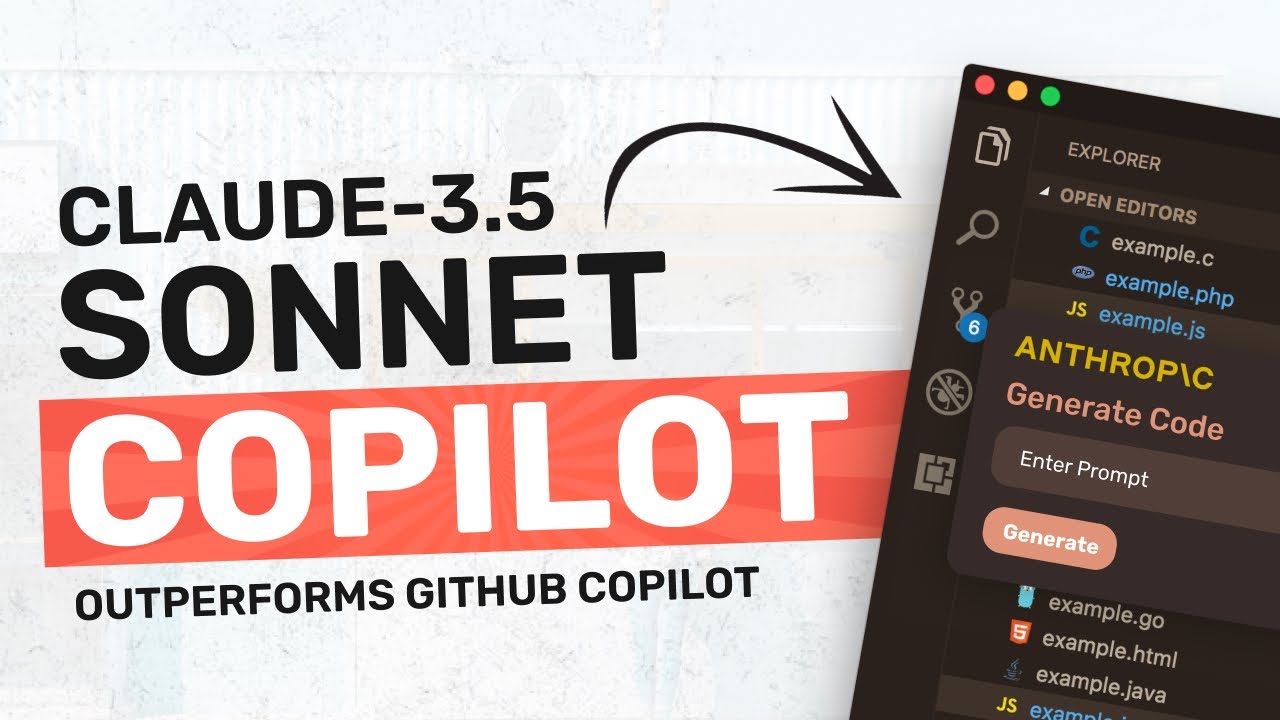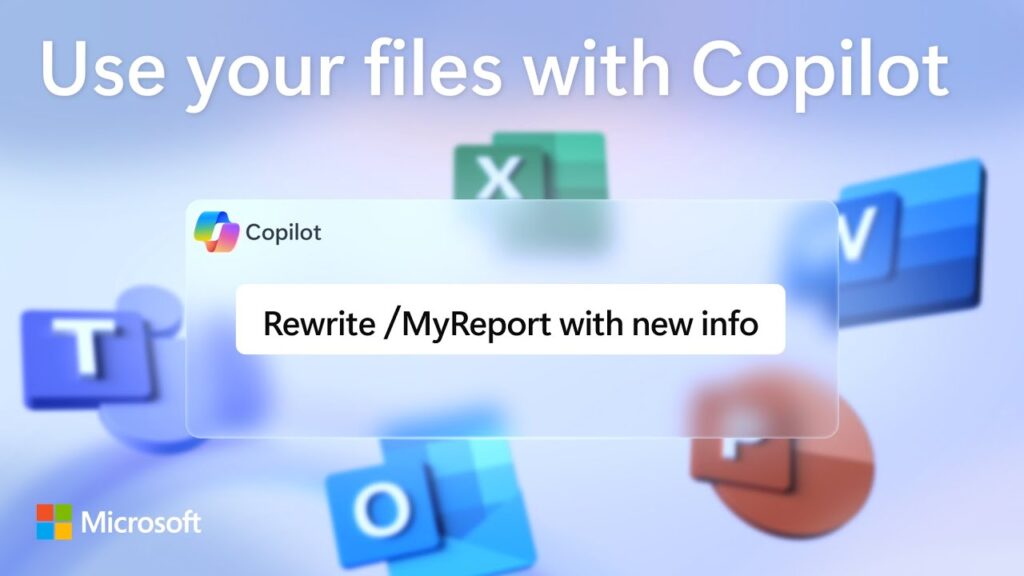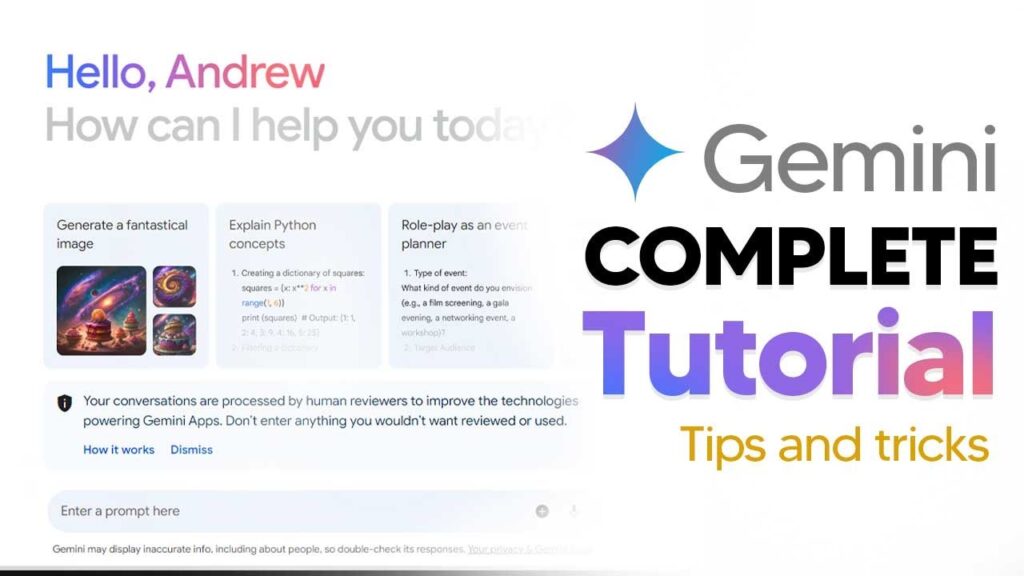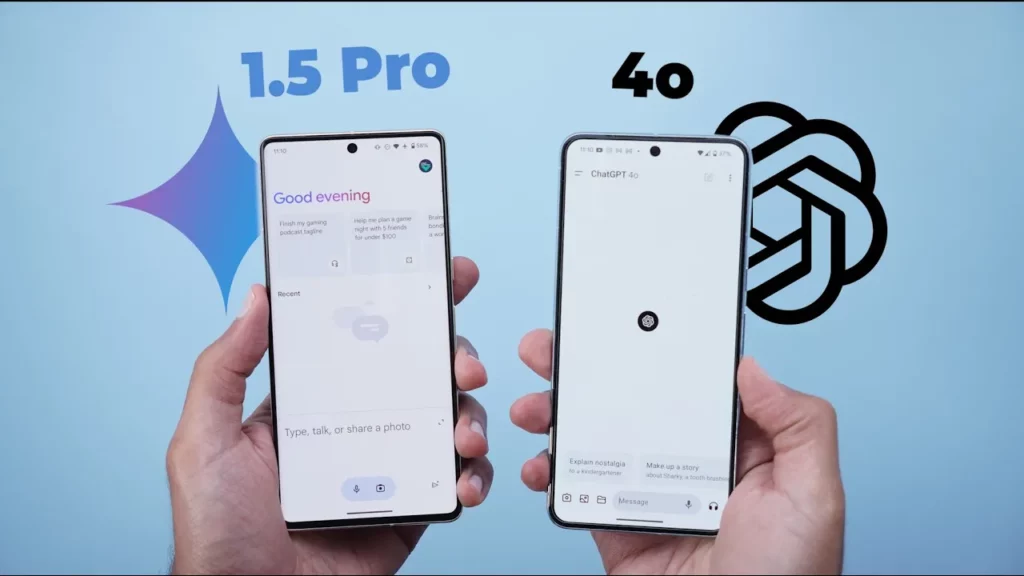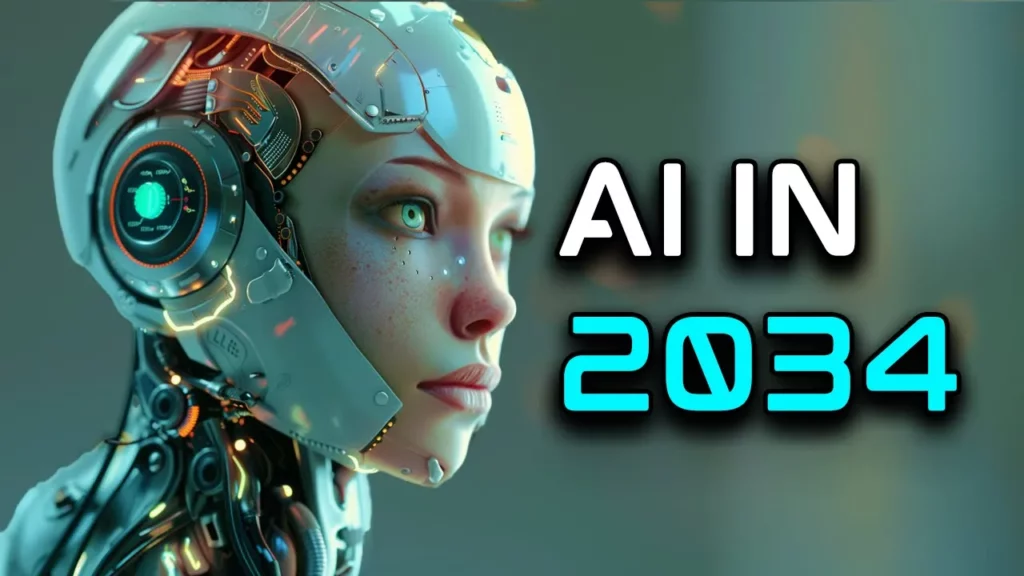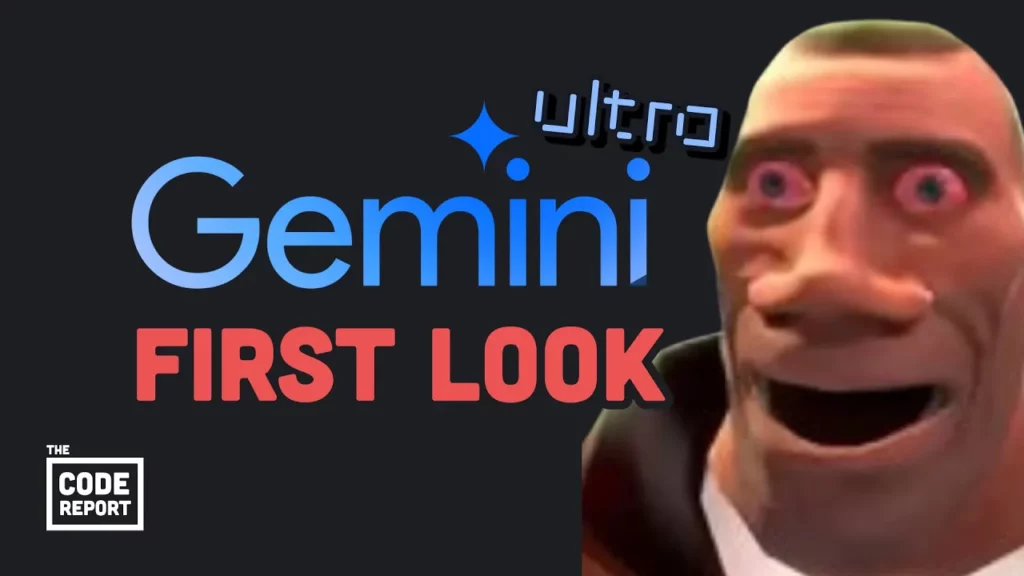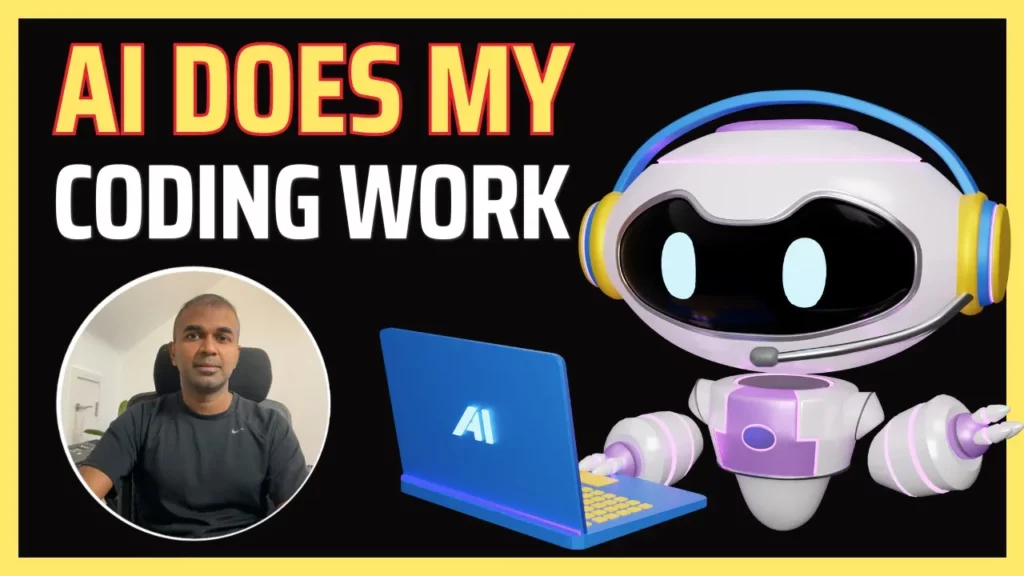Artificial intelligence has transformed the way developers work, with coding co-pilots like Claude 3.5 Sonnet and Qwen2 pushing boundaries to outperform conventional models. In a recent video, a coding expert delved into the realm of co-pilots and showcased how these innovative tools can revolutionize the coding experience.
The Claude 3.5 Sonnet model, known for its superior coding capabilities, was at the core of the discussion. Compared to existing models like GPT-3 and Gemini Llama 3, Claude stood out for its efficiency and effectiveness in generating code. The endeavor to transform Claude into a co-pilot akin to GitHub’s offering was met with enthusiasm, aiming to surpass the capabilities of mainstream co-pilots significantly.
The integration process involved leveraging the Continued Dev VS Code extension to seamlessly incorporate the Claude API into the coding environment. By setting up the cloud model for both chat interaction and autocomplete functionalities, users could harness the power of Claude’s advanced coding prowess. Additionally, the strategy of using a smaller local model like Qwen2B for autocomplete not only optimized performance but also minimized costs associated with API usage.
The step-by-step guide provided valuable insights into configuring Shell GPT and VS Code co-pilot to enhance coding efficiency. From installing the necessary components to adjusting configurations for optimal performance, the video demonstrated how developers could elevate their coding experience through intelligent co-pilots.
By strategically utilizing the Claude 3.5 Sonnet model for code generation and Qwen2 for autocomplete, developers could achieve a harmonious balance between speed, accuracy, and cost-effectiveness. Embracing this innovative approach not only unlocked new possibilities for coding but also paved the way for a more streamlined and efficient development process.
In conclusion, the integration of Claude-3.5 Sonnet and Qwen2 as coding co-pilots represents a significant leap forward in the realm of AI-assisted coding. By harnessing the power of advanced models and optimizing their functionalities, developers can unlock unparalleled efficiency and productivity in their coding workflows.
